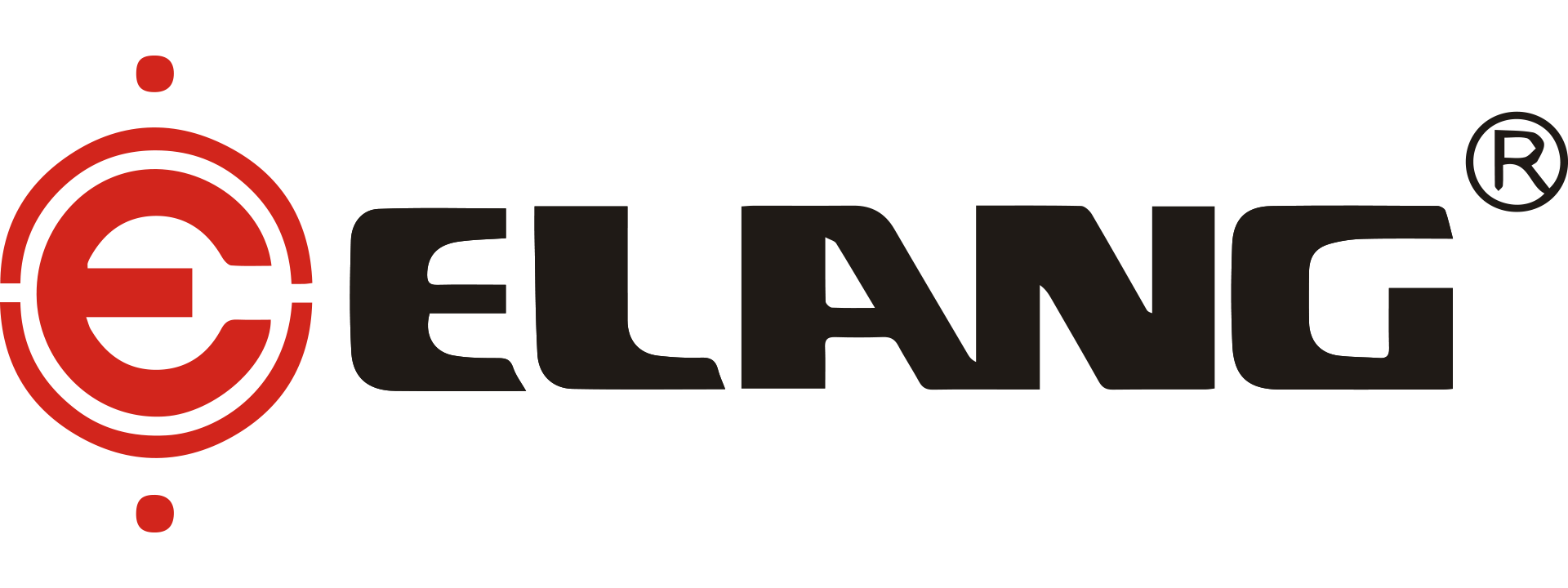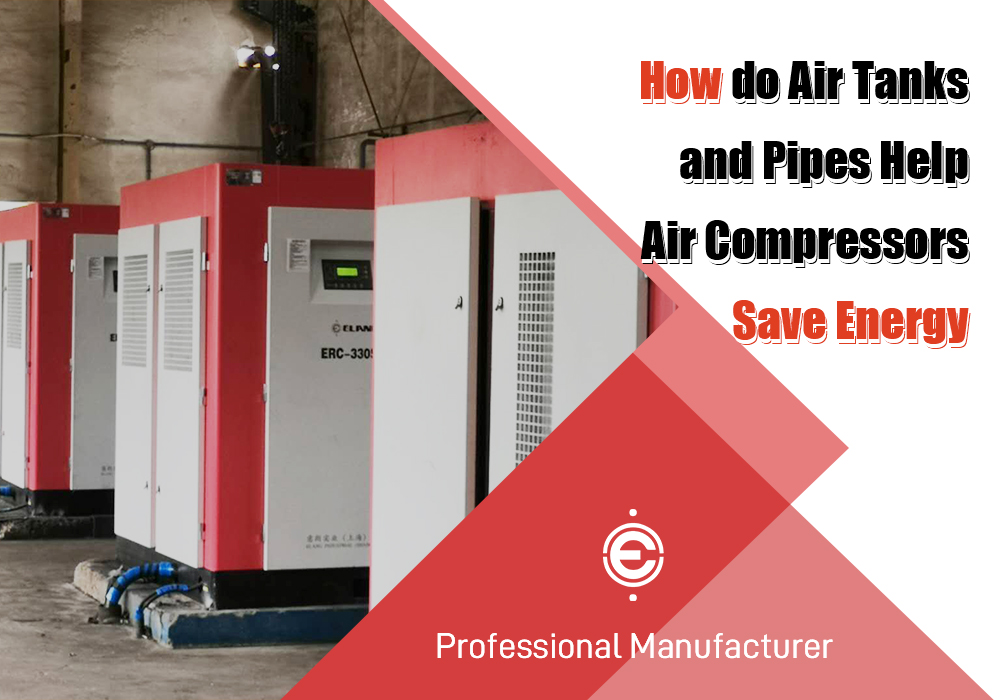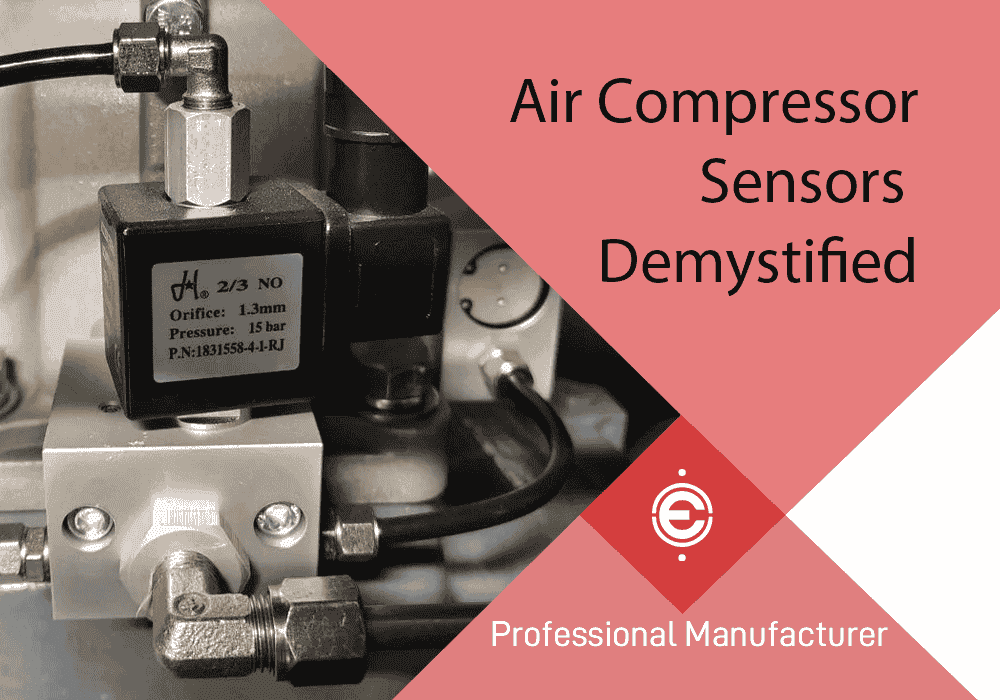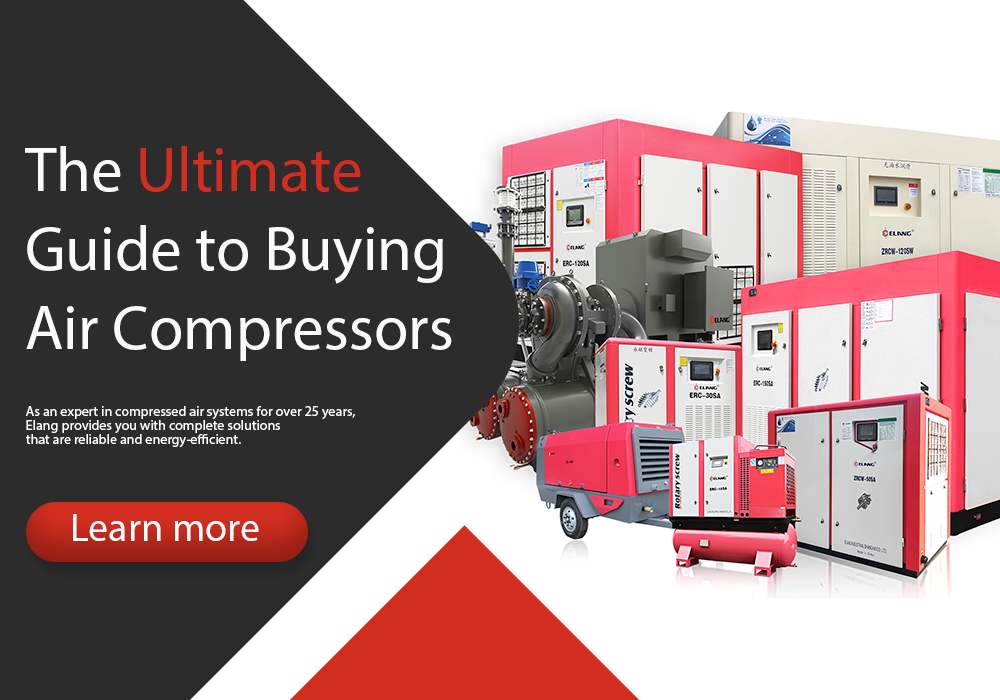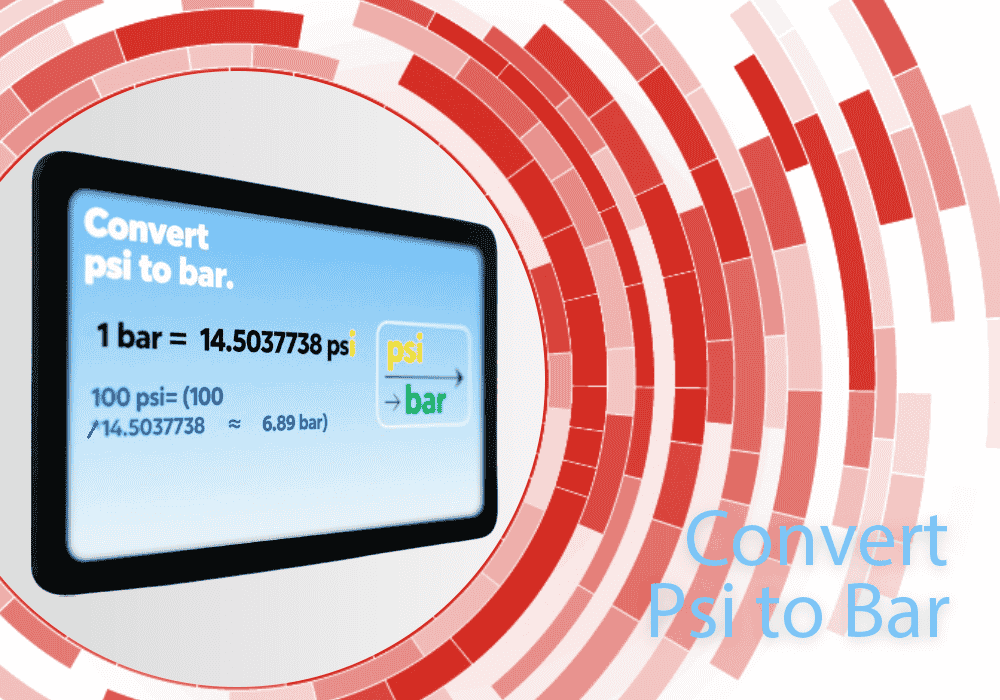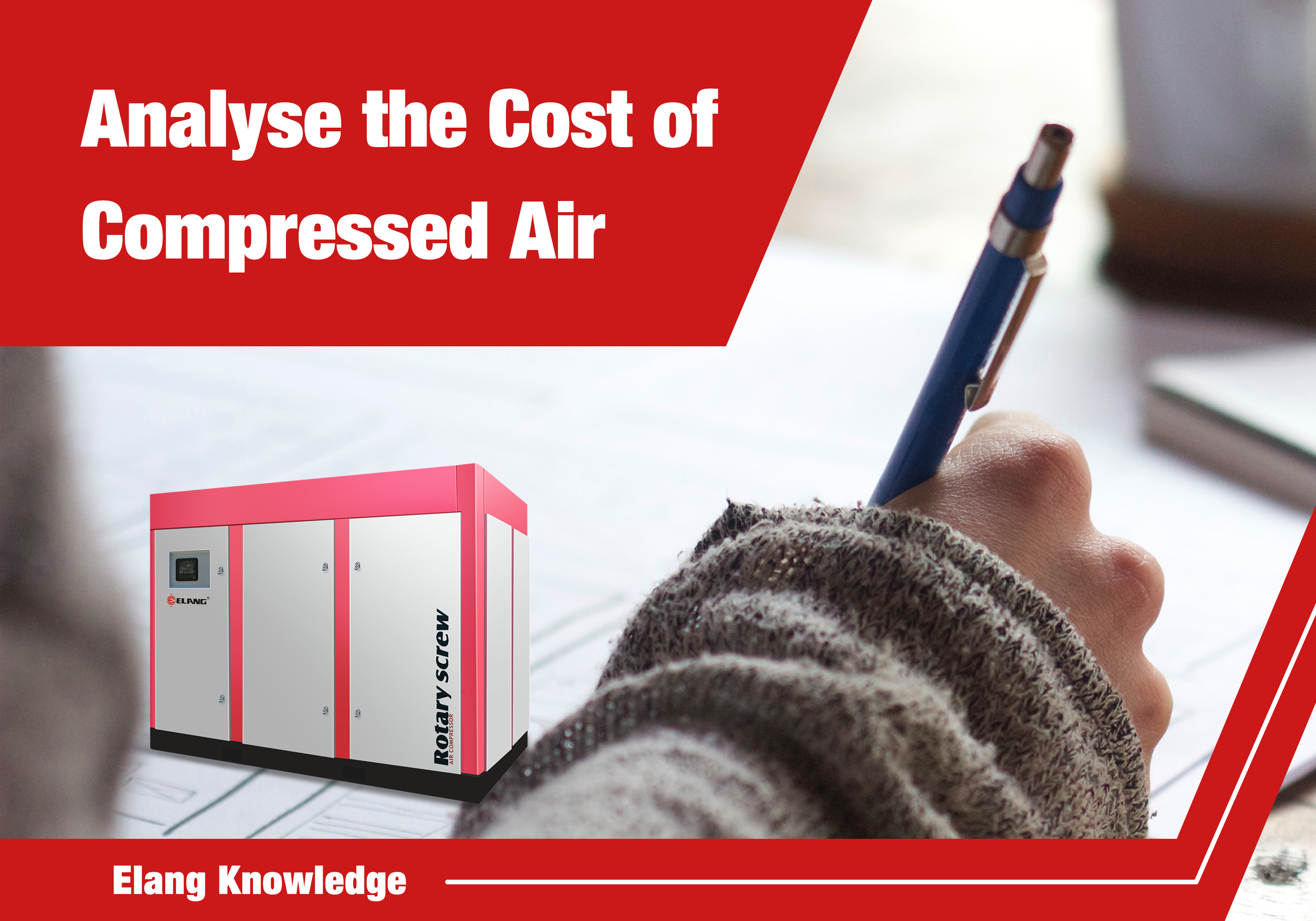
Firstly, we should understand the cost composition of compressed air: the first purchase cost only accounts for a small part of the total cost of compressed air. In fact, the full cost of compressed air includes three parts: "purchase cost," "operating cost," and "extra cost."
The Hidden Investments After Purchasing An Air Compressor
Purchase Cost
Purchase costs are fixed, including equipment prices, infrastructure costs, installation and insurance costs. The proportion of this cost in the total cost depends on the selected compressed air quality level, the depreciation period of the equipment, and the applied interest rate.
Operating Cost
Operating costs are determined by the annual operating hours, load/unload ratio, and energy price. Additional investments, such as energy recovery equipment, can provide immediate benefits in the form of reduced operating and maintenance costs.
Extra Cost
When considering new investments, the best strategy is to be as farsighted as possible and attempt to evaluate the impact of possible future changes and demand on compressed air equipment. Typical factors include environmental protection needs, energy conservation needs, improvement in production quality, and future investment in production expansion.
The optimized operation of compressors is increasingly important for industries that use compressed air heavily. For industries in the growth stage, production conditions will change over time, and the operation of compressors also needs to be adjusted accordingly. Therefore, the supply of compressed air must be based on existing demand and future development plans. Extensive and impartial analysis of operating conditions often leads to reduce the total costs.
Considering that operating costs typically account for 70-80% of the total cost, it is clear that this is the dominant factor affecting the total cost. Therefore, we need to find compressed air solutions that meet both performance and quality requirements while also having high energy efficiency. Even if this means additional investment costs for compressors and related equipment, it will prove to be a worthwhile investment over time.
Due to the significant importance of energy costs, the selection of a control system becomes especially crucial. The influence of the control system may exceed the differences in compressor types. Ideally, the full load operation of the compressor should accurately match the air consumption of the application. Most compressors are equipped with their own control and regulation systems, but by installing a central controller and adding shared control equipment with other compressors, the economic efficiency of operation can be further improved.
Variable frequency regulation has been proven to be an effective regulation method due to its significant energy-saving potential. Allowing your actual needs to guide the selection of appropriate regulation equipment can yield excellent results. For instance, if you only require a small amount of compressed air during nighttime or weekends, opting for a small compressor that can meet this off-peak demand would be an ideal choice.
If different applications require different working pressures, you should analyze this requirement to determine whether to centralize all compressed air production at a central compressor station or to segment the network based on different working pressure needs. It is also possible to shut down a part of the compressed air network during nighttime and weekends to reduce airflow, or to allocate internal costs based on airflow volume.
Electricity is the most common source of energy in industrial compressed air production. We usually achieve energy savings through the correct selection of control and regulation systems, as well as the reasonable selection of compressor specifications. In many compressed air systems, there is still a large amount of unused energy-saving potential, including energy recovery, pressure reduction, reducing air leakage, and optimizing operation.
Our Case:
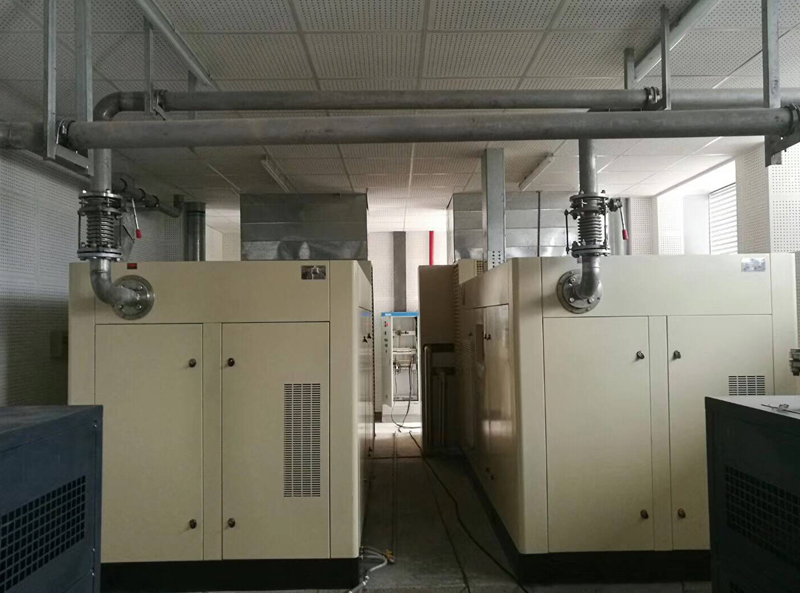
Aerospace Industry
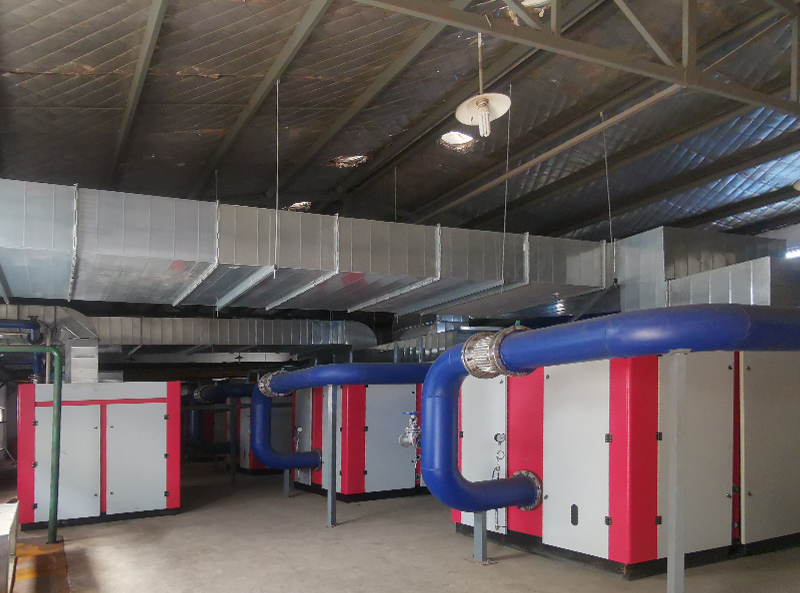
Glass Manufacturing Factory
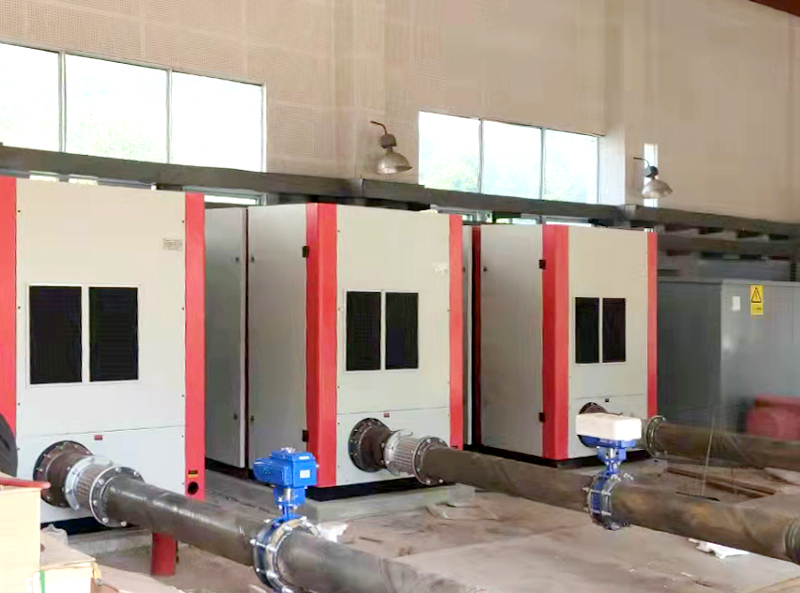
Wastewater Treatment Industry
Contact Us
If you need to purchase an air compressor with a heat exchanger, we have products that can meet your specific requirements.
Contact[email protected]Whatsapp+86 13501890887
Based in
No. 668. Delixi Road. Nanxiang Industrial Development Zone, Shanghai, PRC.
Contact[email protected]
Whatsapp+86 13501890887
Based in
No. 668. Delixi Road. Nanxiang Industrial Development Zone, Shanghai, PRC.
Related Reading
Energy saving in air compressors can be achieved not only by purchasing an energy-saving air compressor, but also by optimizing the air tank and pipeline.
